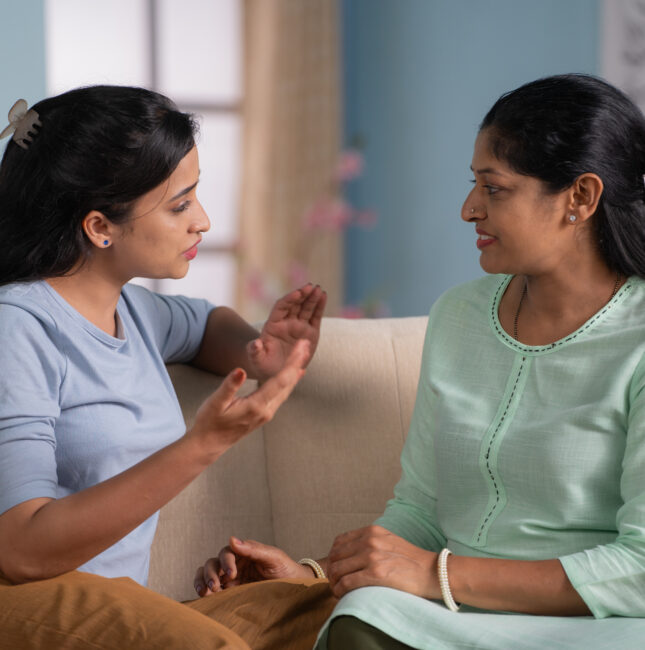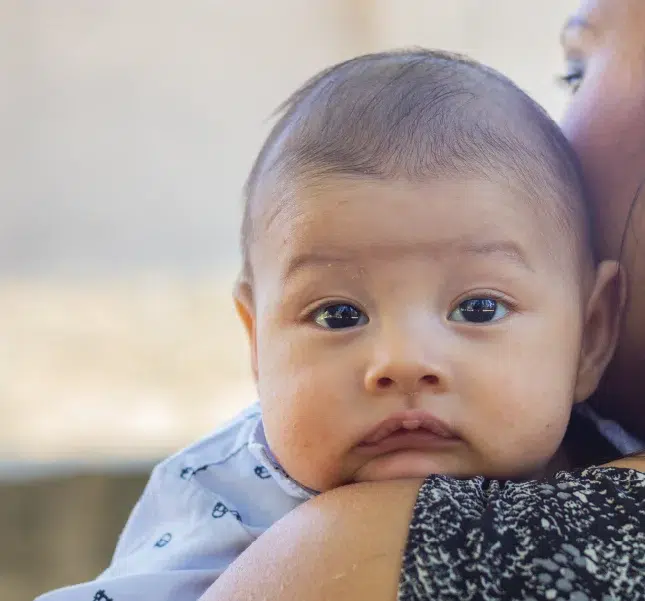Domestic and family violence is any behaviour that is used to gain or maintain power and control over someone else. This could be psychological, emotional, physical and/or sexual abuse, financial, social or spiritual control, stalking or intimidation, including the use of technology.
We provide a range of services to assist women, men and children experiencing domestic and family violence. We also offer a range of supports for fathers who have caused harm to their family through violence, or the use of coercive controlling behaviours.
For more information:
P: 1800 324 924
E: info@catholiccaredbb.org.au
LEARN MORE ABOUT Our Domestic & Family Violence Support Services
Are you, or someone you know, affected by domestic or family violence? Or are you violent to your family and wanting help to change? If yes, please reach out.
We will walk alongside you, advising as we go and tapping into our range of our services as needed. We ensure you’re not alone and show you that change is possible and there’s hope of a better life.
what we offer
FREQUENTLY ASKED QUESTIONS
What is domestic violence? And what is family violence?
How can domestic and family violence (DFV) affect children?
What causes domestic violence? Why does it happen?
Are men also affected by domestic violence?
Is it domestic violence if it only happens once?
How can we stop domestic violence?
How do I report domestic violence?
Can I file a domestic violence report online?
How do I help a victim of domestic violence?
Is domestic violence a crime?
What is verbal abuse and is it domestic violence?
What is emotional abuse and is it considered domestic violence?
When someone is charged with domestic violence, what happens?
latest news on domestic & family violence
Davika emerges from a web of violence
As they grew up, the two friends went their separate ways. Davika had settled into life as a single mum in India, and Priyanka had moved to Australia to marry an Australian man. Life, as Davika knew it, changed forever when Priyanka returned to India for a holiday with her husband and her husband’s Australian brother, Steve.
Read MoreGemma survives financial abuse
For Gemma, aged 35, her $26,000 debt didn’t accrue overnight. Gemma’s debt was the culmination of years of financial abuse, coercion, bullying and betrayal.
Read MoreThe power of advocacy
Pregnant, homeless and terrified that the Department of Communities & Justice (DCJ) would remove her unborn child, Lana called CatholicCare Case Worker, Naomie.
Read MoreMy healing journey
Since engaging with CatholicCare’s counselling services, Sal has been able to process the trauma associated with her injury and has actively sought treatment.
Read More





